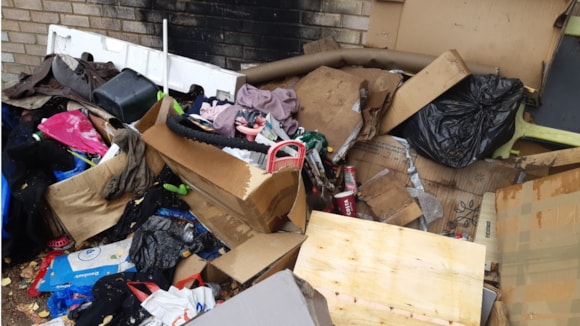The council said it currently has over 80 sites for recycling banks, most of which are seldom used and are therefore considered surplus to requirements. As a result the banks are set to be removed resulting in a saving for the council of around 30,000 per year as the banks no longer need to be emptied or maintained.

Household waste and recycling centres (HWRCs) located at Aston Clinton, Aylesbury and Buckingham will not be affected by the move, neither will supermarkets and charities that provide their own recycling facilities.
Residents have previously been able to deposit a range of materials in the banks including glass bottles, cans, plastics, card and shoes following their installation. However, the council now offers a kerbside collection service which has resulted in a reduction in the material collected at the banks.
Kerbside
Dry recyclables are collected at the kerbside in a 240 litre wheeled bin which sees paper and cardboard, metals, plastic bottles, pots, tubs and trays as well as glass collected on a fortnightly basis on alternate weeks to residual waste.
In a statement the council said: Today, there is a full recycling collection service available, which has more than doubled the recycling rates. Residents no longer need to make trips to the banks, which now receive a small fraction of the total recyclable material in the area, so the sites are to be phased out.
Residents are expected to utilise the kerbside service or take any materials which cannot be collected at the kerbside to their nearest household waste and recycling centre (HWRC).
Convenient
Related Links
Commenting on the move, Councillor Sir Beville Stanier, cabinet member for environment and health, said: We are confident that the very low tonnages now collected through the recycling banks will be redirected to either our enhanced household collection service or the community recycling centres. Clearly, it is more convenient to separate recyclable waste into bins at home than it is to drive to a collection bank. In addition to saving the council money, it will cost residents less money and cut down vehicle emissions.
However the council is keen not to see dry recyclables contaminated as a result of the move and are urging residents not to put the wrong items in their household recycling bins. Additionally it is warning residents of the consequences of flytipping, which could carry fines of up to 50,000. The council will monitor the sites after the containers have been removed.









Subscribe for free